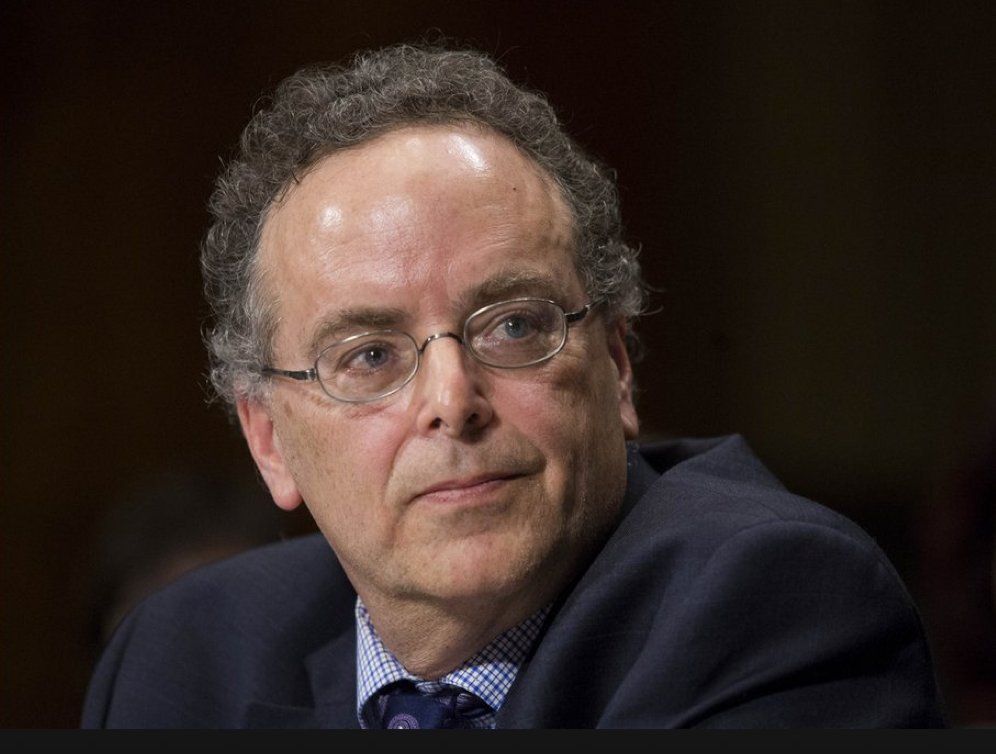Today, National Whistleblower Center Executive Director Stephen Kohn submitted testimony to the House Financial Services Committee in defense of the Securities and Exchange Commission’s (SEC) whistleblower program—a highly successful program that has protected investors and recovered $1 billion from Wall Street fraudsters since its inception.
Section 823 of the draft Financial Choice Act of 2017 directly, and negatively, impacts the whistleblower protections afforded under the Securities and Exchange Act (“SEA”). While it purports to exclude opportunistic individuals from the SEA’s reward provisions if they are “culpable” for the violation for which they are reporting, this amendment is not needed and would undermine the SEA’s highly successful whistleblower law.
Under the rules already approved by the U.S. Securities and Exchange Commission (“SEC” or “Commission”), “culpable” whistleblowers are excluded from profiting from their own misconduct. Specifically, a whistleblower who “directed, planned, or initiated” the criminal conduct is not eligible for whistleblower rewards. However, the SEC allows “mere participants” to blow the whistle and potentially receive rewards. This distinction is critically important: the best source of information is an “insider” who can be incentivized to report; prohibiting “mere participants” from accessing the whistleblower program would seriously diminish the SEC’s ability to detect securities violations.
In addition to the prohibition allowing those who direct and initiate to participate in the whistleblower program, the SEC has a myriad of other rules that address culpable parties. For example, SEC rules do not afford whistleblowers criminal or civil “amnesty” when reporting violations; allow individuals convicted of criminal violations to receive rewards related to that violation; allow whistleblowers to illegally obtain evidence; and considers a whistleblower’s degree of “culpability” when determining an award. Additionally, SEC regulations permit the Commission to deny a reward to anyone who lies to the SEC or otherwise obstructs an investigation.
The current SEC program has been highly effective. The program incentivizes those with inside information to report, and therefore engenders a strong fraud detection program. The sources of information are well-placed and help the government target its investigations into serious frauds for which solid evidence of wrongdoing can be obtained (with help from the “insider”). Nearly six years after the rule-making was completed, the record demonstrates that the SEC’s whistleblower program has been a success. Although most of the whistleblower claims filed under the program are still under review, investors and the Treasury have already recovered nearly $1 billion from Wall Street fraudsters. On April 30, 2015, the former SEC Chair Mary Jo White praised the whistleblower program in her remarks at the Ray Garrett, Jr. Corporate and Securities Law Institute-Northwestern University School of Law Chicago, Illinois. Chair White’s comments speak for themselves: “[T]he SEC’s whistleblower awards program . . . has proven to be a game changer.”
Section 823 is over broad and would seriously undermine the SEC’s whistleblower program, harming investors, making investigations more costly and difficult, undercutting the careful balance SEC regulations strike in handling employees seeking to do the “right thing” by taking the risk of losing their jobs and careers to lawfully reporting securities fraud.
To learn more, Read Stephen Kohn’s testimony here.
Resources:
- Sign our Action Alert telling Congress not to harm the SEC’s whistleblower program.
- Spread the word on Facebook and Twitter.
- Ask just one friend or family member to Take Action on this critical issue.
- Read Stephen Kohn’s testimony here.
